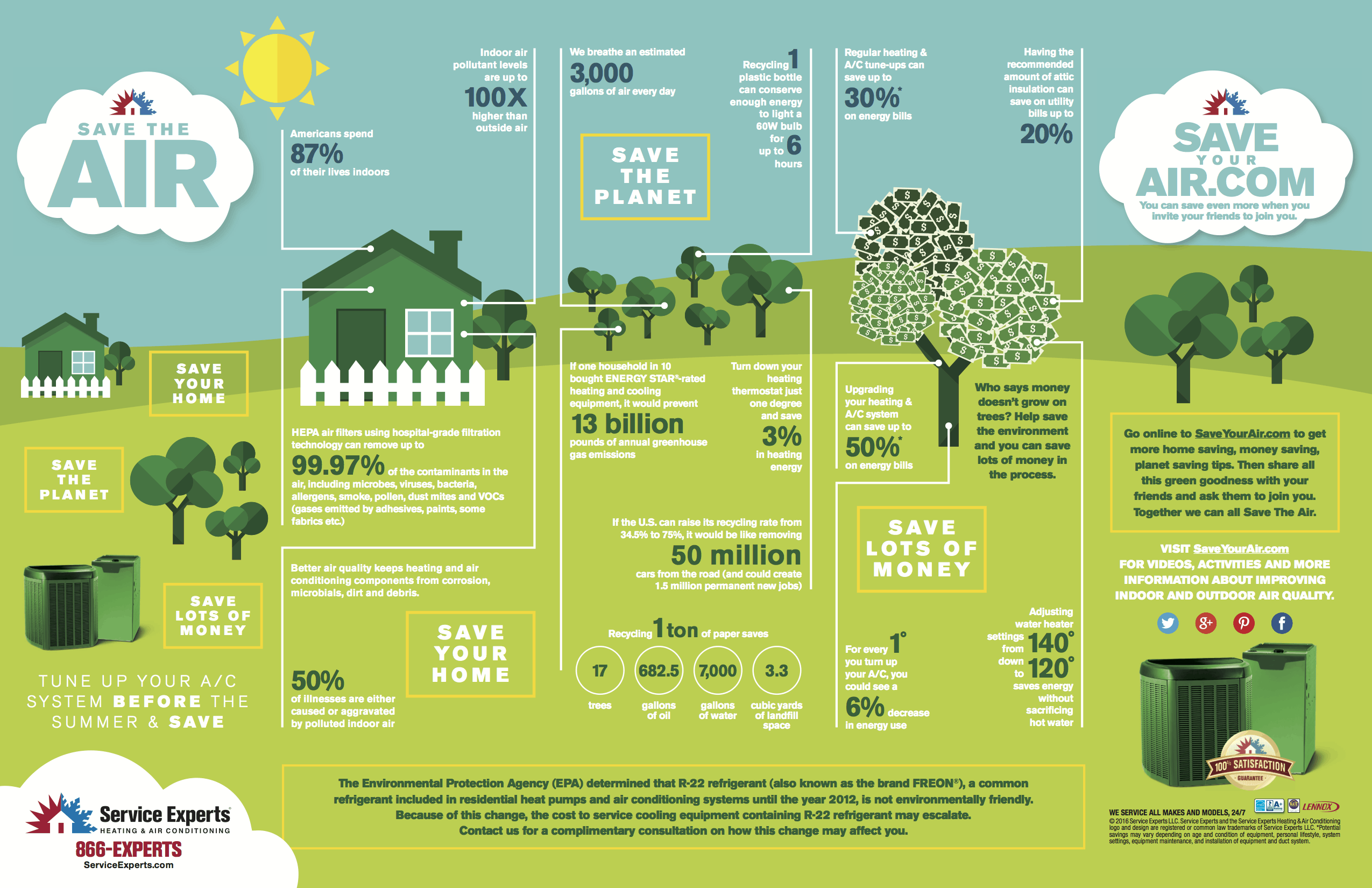Checking Out The Ecological Advantages Of Warm Pumps - A Lasting Heating Solution
Checking Out The Ecological Advantages Of Warm Pumps - A Lasting Heating Solution
Blog Article
Article Writer-Keating Zhou
In a period where sustainability and power effectiveness are extremely important, many organizations seek green heating remedies. One such solution is the heat pump.
A heat pump extracts the warmth in its surroundings and pumps it right into your home, leading to among the most effective eco-friendly main heater around. This process also generates zero greenhouse gas discharges, making it a very lasting modern technology.
Energy Effectiveness
Heat pumps are very power effective and need little upkeep. They utilize less electricity than various other heating systems and are by far the most environmentally friendly. They work well with rooftop solar and can typically pay for themselves in energy savings alone.
They can additionally supply air conditioning, which is excellent for garage workshops, attic room hangouts and perk spaces, and home enhancements without prolonging the existing ductwork. They can also be used for retrofits in existing homes with hydronic (water-based) circulation systems such as low temperature level radiators or radiant floors.
Try to find versions with SEER and HSPF ratings that satisfy or surpass Canada's minimum standards, as well as the standards in your area. Greater rankings indicate higher efficiency, which saves you cash in the long run and minimizes your carbon impact. You may even receive rebates and rewards! The most effective systems are those with a ground heat exchanger for added effectiveness. These systems can take in thermal power from the ground during the winter months and essence it in the summertime.
Reduced Greenhouse Gas Emissions
Heatpump operate on electricity and essentially move heat from the air, also when it's chilly exterior. They are able to extract the totally free warm trapped in air fragments and move them inside, decreasing humidity while doing so.
Compared to gas heaters, contemporary heatpump utilize less than one kilowatt of electrical energy per kilowatt of heating power they generate. This makes them the most power effective home heating alternative available with a POLICE OFFICER (Coefficient of Performance) of four or more. By slashing the need for nonrenewable fuel sources, heatpump help in reducing greenhouse gas discharges and reduce various other significant air toxins.
Building decarbonization is a global essential, and the a/c sector is a crucial driver of that process. Whether it's real estate investors making web zero commitments, policy manufacturers setting exhausts limitations, or renters demanding greener rooms, electric heat pumps are being identified as an essential option. They are a cost-efficient means to minimize carbon discharges by removing the need for nonrenewable fuel sources in structures.
Adaptability
Heat pumps can be used in several kinds of homes and structures-- with or without ducts. They deal with hot-water radiators, air-conditioning and programmable thermostats. They can replace heaters or be mounted in new homes. They can run on solar panels, geothermal systems or perhaps area heating resources like wastewater.
They're wonderful at delivering even more warmth per power device. For example, an air-source heatpump creates approximately 3 or more home heating devices from each electrical power device it consumes.
Obtaining the most from your heat pump will certainly depend on your environment area and top quality of insulation. Look for designs with power STAR rankings and contrast their SEER or HSPF specs. In warmer climates, concentrate on SEER; in colder regions, take into consideration a system with a higher HSPF rating. Furthermore, buy installing heat pump securing and insulation to reduce the load on your heatpump. https://www.publicsource.org/allegheny-county-school-districts-covid-relief-funding-esser/ will certainly boost power effectiveness and aid you reach your Web Zero objectives faster.
Biomass Boilers
Biomass boilers make use of wood pellets, chips or logs to develop heat and warm water. They are a great option for off-grid residential properties or those who want to leave the gas grid.
As a standalone heater, biomass can supply adequate energy to maintain your home cozy all the time without the normal heat drop off of various other renewable innovations. They can likewise be used along with solar panels to maximise financial savings and gain from RHI repayments.
A disadvantage of these systems is the upfront cost and regular gas distributions. Often, pellets will certainly need to be blown into a gas shop using a vacuum system or they can be by hand fed right into the boiler with a receptacle. Logs are commonly self-sourced from nearby woodland or bought in bulk. As well as this, they require hands-on loading and might require cleansing regularly.